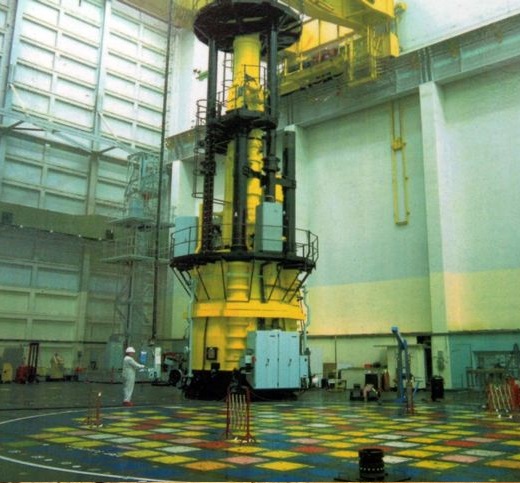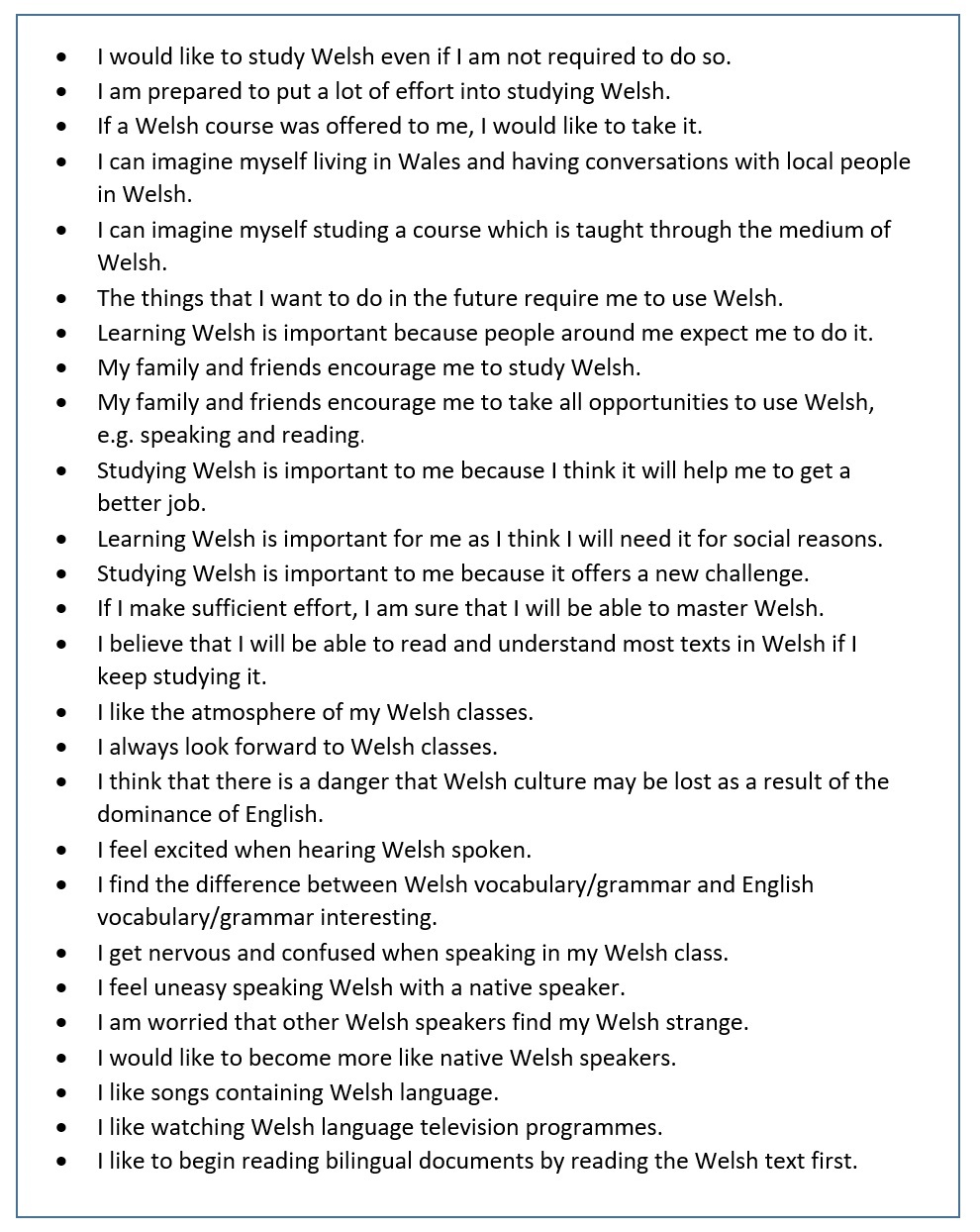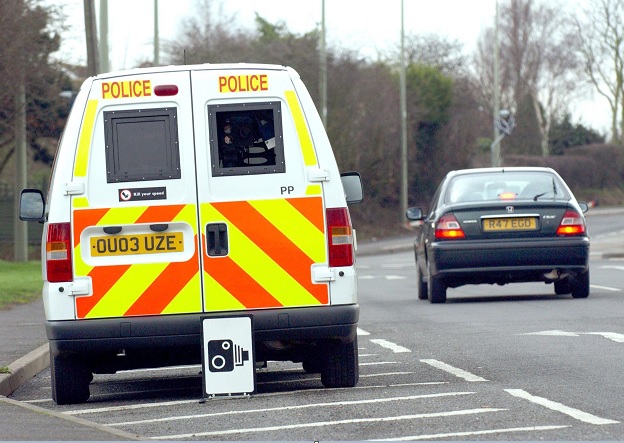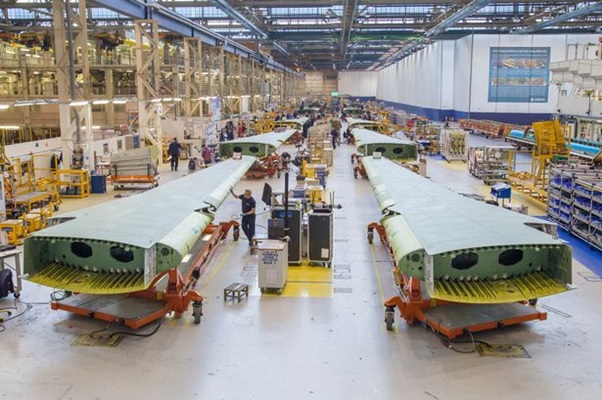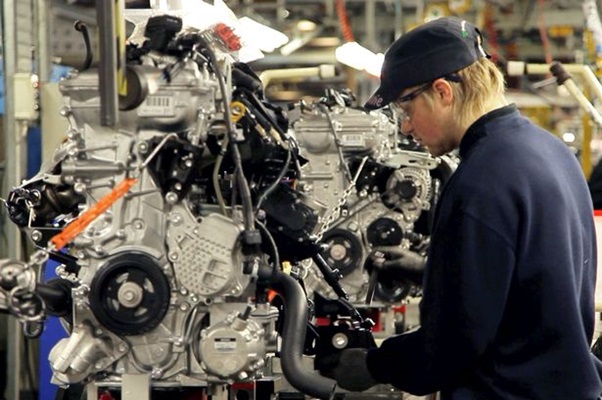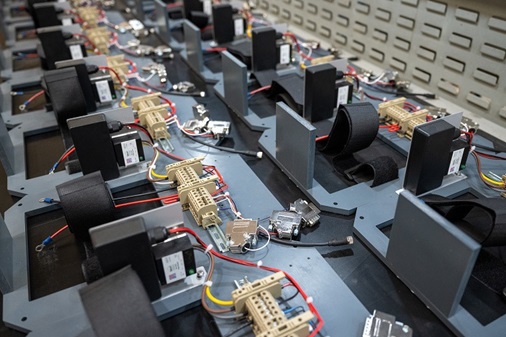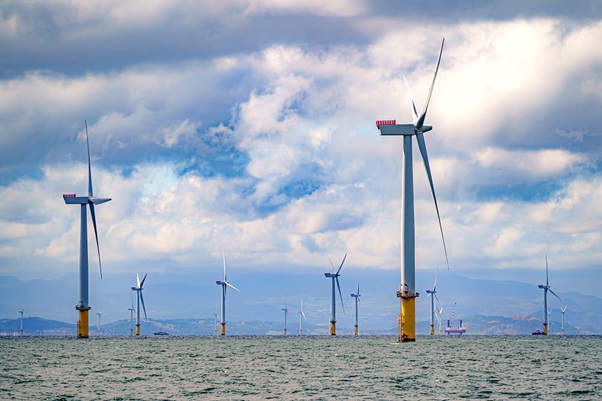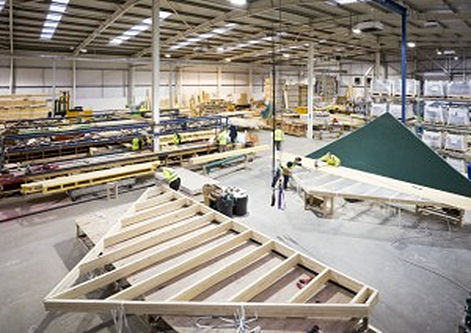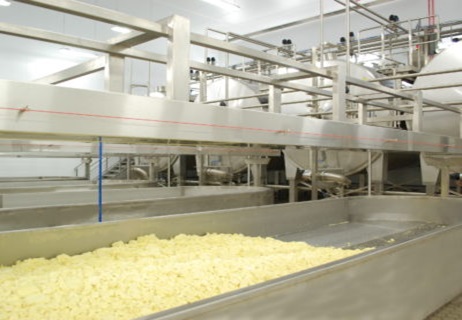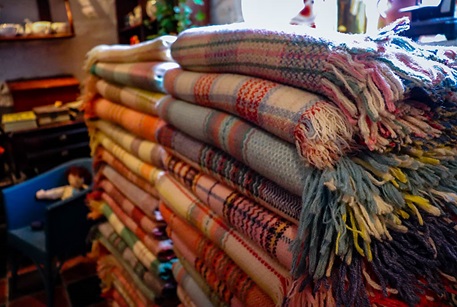Trawsfynydd power station
Located just off the A470 main road through Snowdonia, Trawsfynydd is a typical small Welsh village.
Nearby, however, are the two reactor buildings of Trawsfynydd nuclear power station.
Construction began in 1959 and the station was opened by the Queen in 1965.
A site in remote mountains may seem surprising when most nuclear power stations are located on the coast.
However, there was a large lake which could be used to supply water for the power station.
A railway passes the site, allowing nuclear fuel to be delivered by train from a factory in Sellafield, and spent fuel returned there for reprocessing.
For more than 20 years the power station generated electricity, and continued to employ staff from the local area.
Fuel containers were loaded into the reactor using a large machine which could move around on the top surface of the reactor.
Carbon dioxide flowed through the hot reactor, then heated water to produce steam.
The steam was carried to the turbine hall, where huge machines generated electricity.
Old fuel containers were taken from the reactor and dropped into cooling water ponds, where they were stored under the water until they were sent for reprocessing.
Since the power station closed in the 1990`s, work has been taking place to clear the site and transfer radioactive waste into safe storage.
The lake supplying the power station is also connected by pipeline to a hydroelectric power station in the valley below at Maentwrog.
Plans are now being considered for installing a new smaller nuclear reactor on the site.
Public opinion is divided about opening a new nuclear power station in Trawsfynydd.
Translate the sentence:
Located just off the A470 main road through Snowdonia, Trawsfynydd is a typical small Welsh village.
Suggested translation: (a number of alternatives acceptable)
